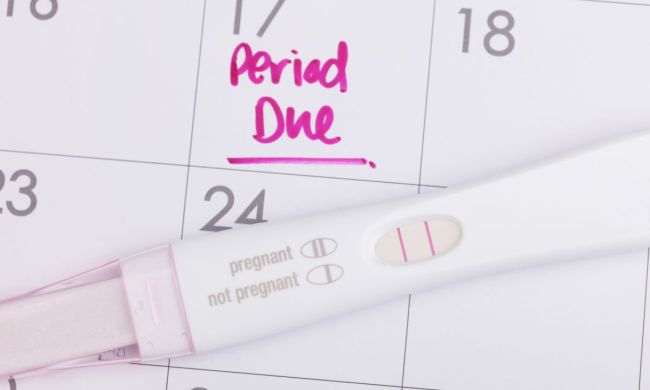One question that may not have occurred to you when talking about pregnancy and baby care: can a dad breastfeed? And even if it’s possible, how can a dad breastfeed?
We’ll take a look at how science and innovation have brought about revolutionary changes to how parents care for their children. And with both parents now having the ability to take time off from work to care for a newborn, this presents new opportunities to explore the latest advancements that science has to offer to new moms and dads. From new gadgets to hormone treatments, parents are looking at different avenues for dealing with one situation that relates to taking care of a newborn — that dreaded 3 am feeding.
Can a dad breastfeed?
When you study the anatomical components that relate to this question, you might be surprised to find out that yes, it’s possible — in theory. Men’s breasts actually have milk ducts and a small amount of mammary tissue, similar to those of women. Plus, men’s bodies possess a small amount of prolactin and oxytocin which are the hormones that trigger milk production. Furthermore, some reports have come out over the years claiming that men have produced milk after stimulating breasts and nipples in a similar manner as a mother would do to bring on lactation. However, these reports are inconclusive regarding the amount and consistency of the milk.
How can a dad breastfeed?
So far, two different pathways have been invented for fathers to gain the ability to breastfeed. One involves a Japanese tech company called Dentsu. In 2019, Dentsu representatives introduced their device known as the “father’s nursing assistant.” This wearable device has a strap that goes over the shoulder and secures a front panel in place over the man’s chest. This panel, of course, is shaped like a woman’s bosom. The inside of the device carries a small tank that holds breastmilk (expressed from the mom) or formula. It also has a nipple that closely resembles and functions like that of a woman’s breast where the baby can obtain the milk. The outer covering of the device is soft and is supposed to remind the baby of the texture and softness of the mother’s skin. This gadget also keeps track of the baby’s feeding patterns and sends that information to the father’s smartphone.
Yet another invention came about from a student’s project. Marie-Clarie Springham created the “chestfeeding” kit. The kit comes with a supply of synthetic progesterone which the father takes as soon as the parents know they’re expecting. He takes this hormone once a day until the last six weeks of the pregnancy in which he switches to domperidone. This hormone stimulates the body’s production of prolactin which in turn, starts up milk production. Once the baby is born, the father is ready to start nursing. Other components of the kit include a compression vest and pump that the dad wears to further enable chestfeeding.
Other ways dads can help with breastfeeding
If a couple can’t obtain a Dentsu device, or they might have concerns about any possible long-term effects of hormone treatments, like those provided by Springham’s chestfeeding kit, new dads can still support their partner. For example, fathers can take on the household chores, especially the preparation of meals since the baby’s feeding often coincides with those specific times of the day. Also, having a pillow ready for supporting the mom’s arms helps greatly.
Other ways dads can provide support and bond with the baby include:
- burping the baby
- introducing the baby to bottle-feeding with breastmilk
- changing the baby
- providing skin-on-skin contact for the baby
Also, having patience and spending time just hanging out with the family offers emotional support and boosts morale for the new mom.
Parenthood is one of the most exciting and rewarding journeys through which a couple can travel. And with these new inventions, both parents can take turns waking up to feed the baby. Likewise, they can also take different routes to meeting their child’s nutritional needs. Every family is different and figuring out routines and procedures that ensure proper care for everyone involved is just one way to forge a stronger, deeper bond as a couple and as parents.




